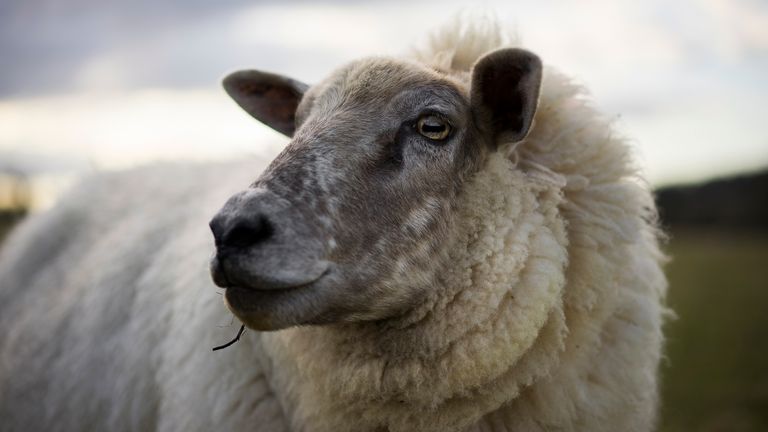A virus that affects sheep and cows has been detected in the UK after a “rapid increase” across Europe.
Bluetongue – which is not dangerous to humans but can cause death in farm animals – has been found in a single sheep near Haddiscoe in South Norfolk.
It is believed to be the first case of the virus in the UK for the 2024/2025 season.
A 20km control zone has now been declared around the Norfolk premises in a bid to try and minimise the risk of further transmission.
Back in May, the government said there was a “high probability” of the introduction of a new strain of the virus – known as BTV-3 – as infected biting midges were blown over from northern Europe.
Officials said there has been a rapid increase in cases in the Netherlands and Germany, and new cases in France, Luxembourg and Denmark.
The virus affects livestock including cattle and sheep, as well as goats, deer and llamas. Symptoms can include a blue and swollen tongue, fever, reduced milk yield, and, in the most severe cases, death.
UK deputy chief veterinary officer Ele Brown said on Monday that farmers should check their animals frequently and report any suspicions to the Animal and Plant Health Agency.
Free testing is available for animals moving from and to the highest risk counties.
Bluetongue last swept through Britain in November 2023 after 199 cases were found in five months to March 2024.
119 of these cases were found in cattle and seven cases in sheep. At the time, Norfolk, Suffolk, Essex, Kent and East Sussex were labelled as high risk areas.

